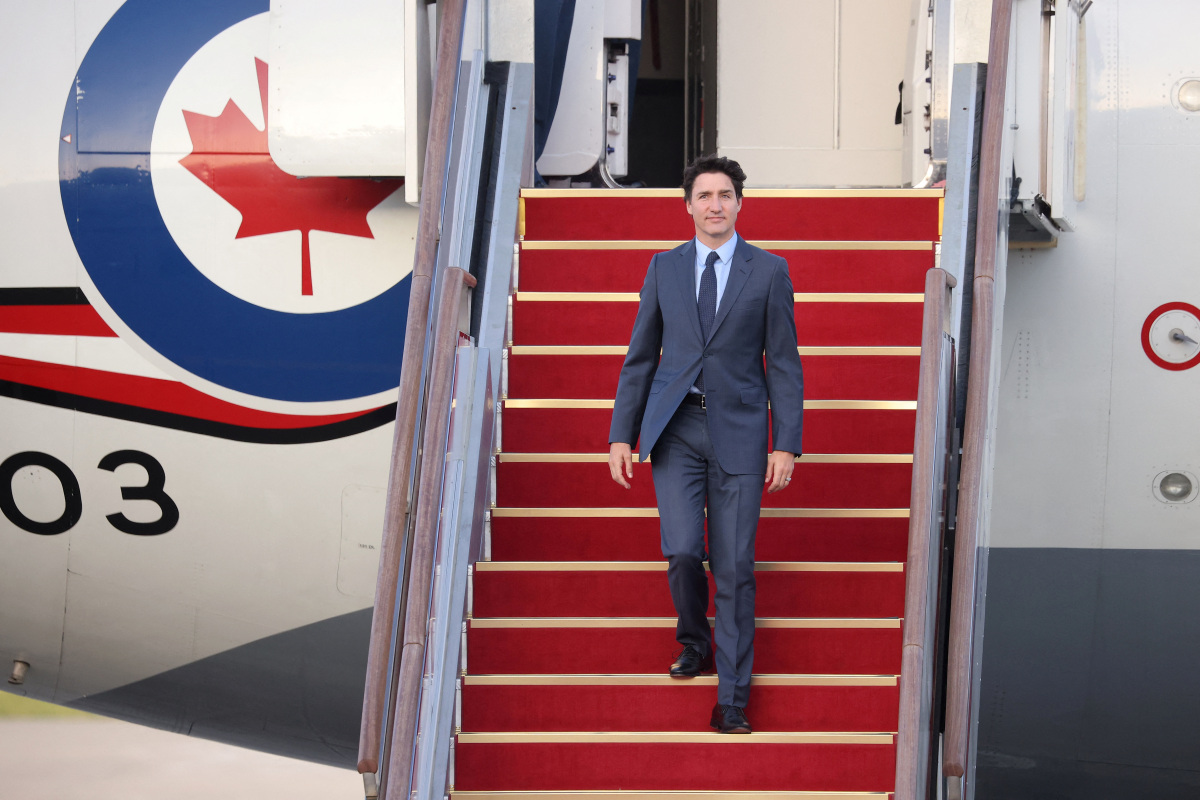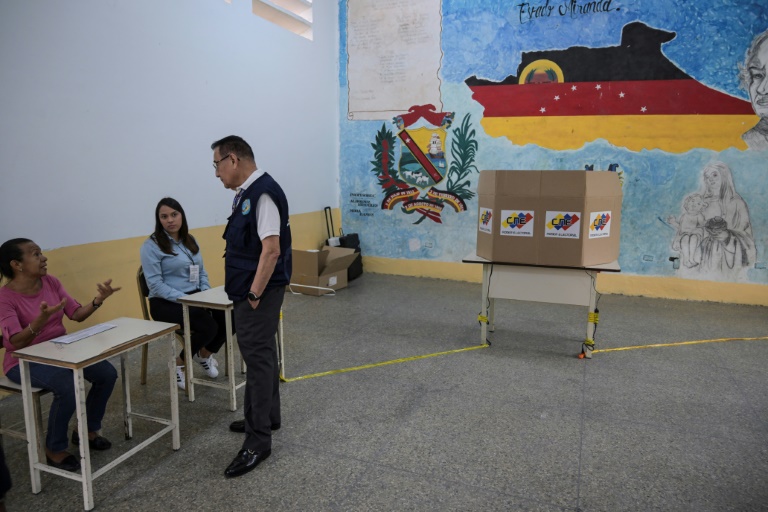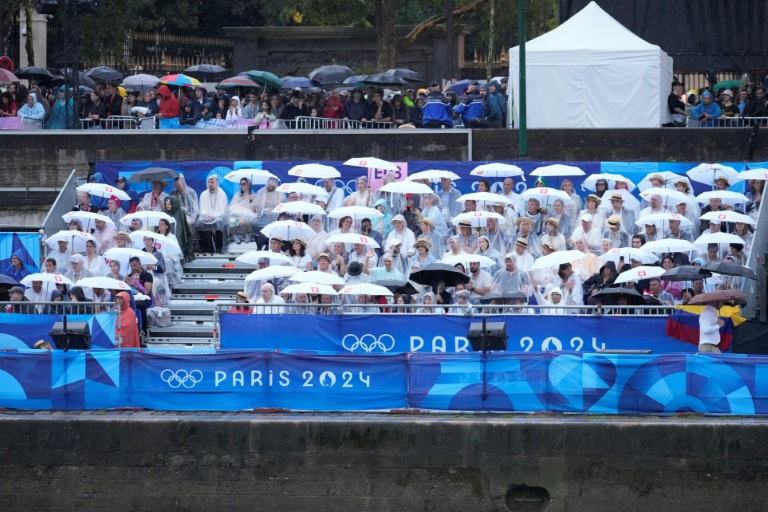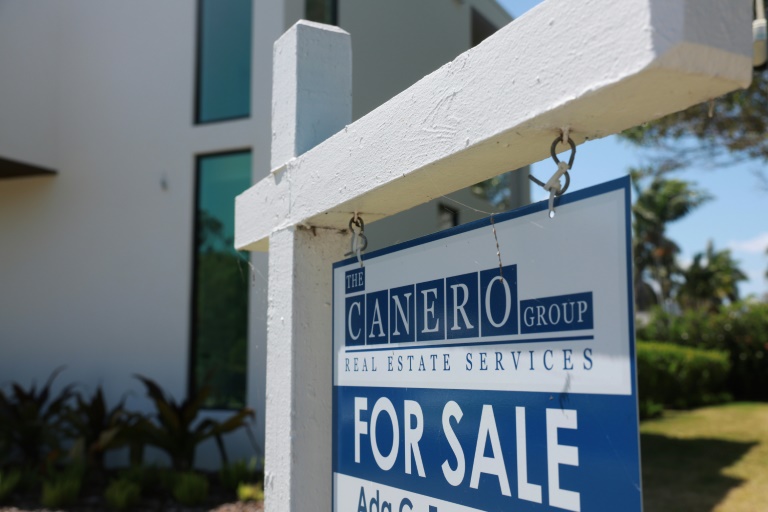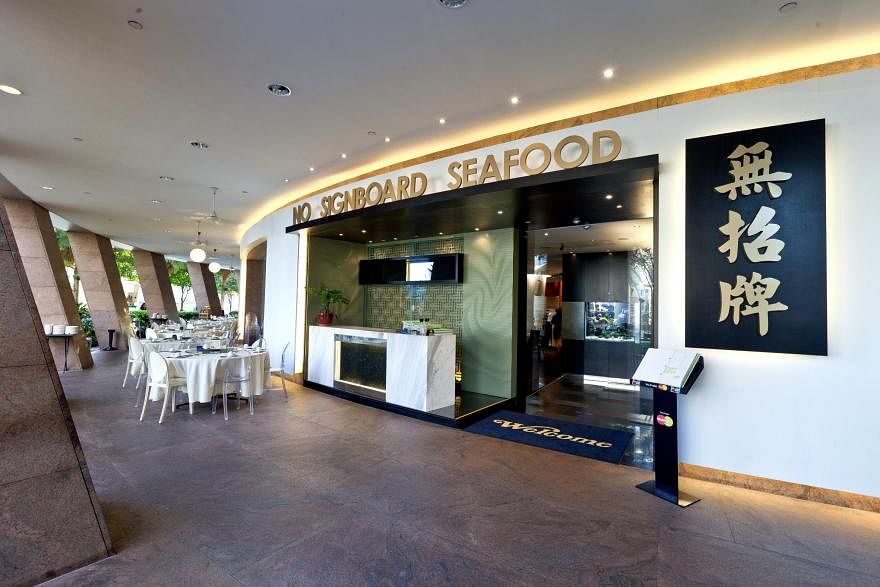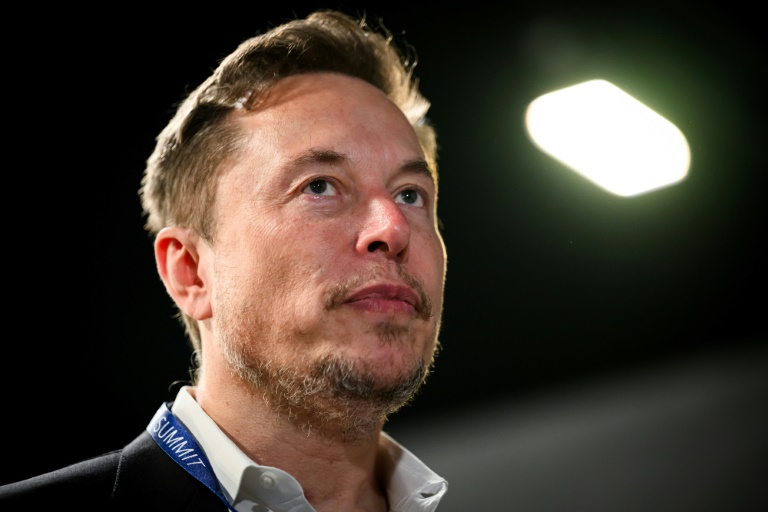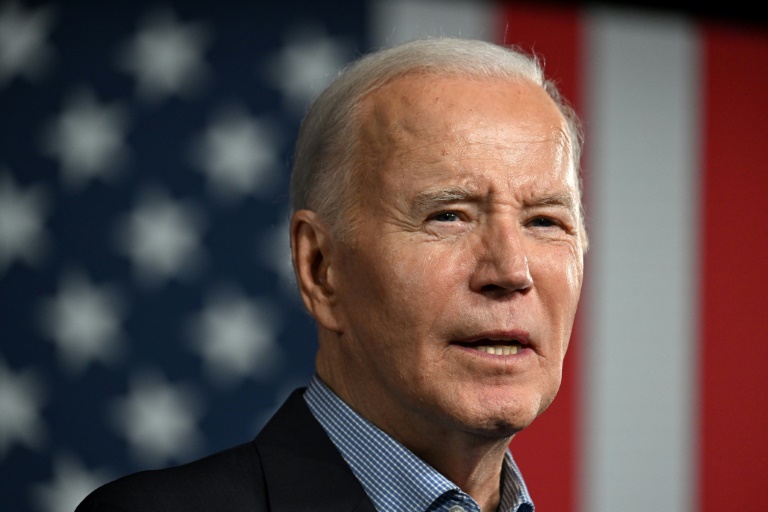As the leader of one of the world’s largest and most influential nations, the prime minister of Canada holds not only considerable political power, but often generates curiosity about personal finances as well. Justin Trudeau, Canada’s 23rd prime minister, has been a subject of interest regarding his net worth. In this article, we delve into the intricacies of Trudeau’s financial standing, examining the various sources of his wealth.
Economic standing
According to Canadian Business magazine, Trudeau’s net worth as of 2019 may exceed $10 million CAD ($7.4 million USD). This estimate considers various factors, including his $357,800 salary as prime minister, lucrative speaking fees, inheritances from his father, and family-owned real estate holdings.
As the prime minister of Canada, Trudeau commands an annual salary of CAD $357,800, placing him among the top 10 highest-paid world leaders.
Trudeau’s compensation package as prime minister extends beyond his salary to include various benefits and allowances. These perks encompass a tax-free federal residence allowance of $150,000 annually for maintaining official residences at 24 Sussex Drive in Ottawa and the Harrington Lake estate in Gatineau Park, an annual car allowance of $2,000, and a tax-free expense account of up to $200,000 per year for housing and other expenses related to government travel. Additionally, Trudeau benefits from comprehensive health insurance and a tailored pension plan designed for federal members of parliament.
Moreover, security coverage is provided by the Royal Canadian Mounted Police (RCMP) for both Trudeau and his family. Taken collectively, these benefits suggest that Trudeau’s total compensation as prime minister likely exceeds $500,000 annually.
Despite this substantial income, Trudeau initially encountered a pay reduction compared to his previous career earnings upon entering politics.
Assessing Trudeau’s net worth poses a challenge due to his decision to place his personal assets into a blind trust following his election. This arrangement means that Trudeau no longer directly controls or oversees his investments, making it more difficult to track and determine his true financial standing.
Inheritance
Trudeau and his siblings inherited shares in two numbered companies from their father. The first company holds a portfolio of securities, yielding regular dividends of up to $20,000 annually for each sibling. The second company earns royalties from their father’s autobiography and other sources, amounting to approximately $10,000 per year. As of August 2011, the assets of the first company totaled $1.2 million. Additionally, the Trudeau brothers inherited a country estate spanning about 50 hectares in the Laurentians, featuring a residence designed by renowned Canadian architect Arthur Erickson, as well as the Cormier House in Montreal. The land of the country estate was valued at $2.7 million in 2016. As prime minister, Trudeau earns a salary of $389,000.
Real estate portfolio
Trudeau’s real estate portfolio includes several notable properties. Back in 2007, Trudeau and his wife Sophie purchased a family home in Ottawa’s Rockcliffe Park neighborhood for $1.2 million. In 2012, Trudeau decided to sell a three-bedroom townhouse in Montreal, which he inherited from his father. The property fetched $1.2 million upon sale.
Additionally, Trudeau once owned an $800,000 mansion situated in Montreal’s upscale Mont-Royal neighborhood. However, he sold this property prior to launching his political career and running for Parliament.
Early life
Before delving into Trudeau’s current net worth, it’s essential to understand his background. Born on Dec. 25, 1971, to Canadian Prime Minister Pierre Trudeau, who held office from 1968 to 1984, J and Margaret Trudeau, Trudeau grew up in the public eye. Despite his privileged upbringing, Trudeau pursued his own path, earning a Bachelor of Arts degree from McGill University and later a Bachelor of Education degree from the University of British Columbia.
Journey into politics
In the wake of his father’s passing, Trudeau deepened his involvement with the Liberal Party during the 2000s. In the 2008 election, he entered parliament as a member of the Official Opposition. Trudeau stirred debate when it emerged that he had earned $1.3 million in speaking fees from various charities and school boards across Canada, $277,000 of which came after he became an MP. Numerous opinion polls indicated a surge in support for the Liberal Party if Trudeau assumed leadership, potentially positioning them to challenge or surpass the Conservatives.
On October 2, 2012, Trudeau launched his bid for Liberal Party leadership with a rally in Montreal, backed by a core team of longtime friends primarily in their 30s and 40s. Gerald Butts, former president of WWF-Canada and principal secretary to former Ontario premier Dalton McGuinty, served as his senior advisor. Other key aides included campaign manager Katie Telford and policy advisors Mike McNeir and Robert Asselin, all with experience under recent Liberal Party leaders. Trudeau’s brother Alexandre also joined as a senior advisor. Trudeau clinched victory in the leadership election.
In 2015, after the lengthiest official campaign in over a century, Trudeau led the Liberals to a resounding triumph in the federal election, propelling him to the position of Canada’s 23rd prime minister. Trudeau has been prime minister of Canada since November 2015, assuming the role at 43.
Controversies and public scrutiny
Trudeau’s term as prime minister has seen both achievements and controversies. He has followed through on key promises like legalizing recreational cannabis, instituting a price on carbon emissions, and increasing refugee admissions. But he has also faced criticism on issues like electoral reform, deficits and spending, and ethical questions involving the SNC-Lavalin affair.
Controversy has also surrounded Trudeau’s financial dealings. One notable incident involved his acceptance of speaking fees from various organizations, including charities and educational institutions, after becoming prime minister. Critics argued that these fees posed conflicts of interest or raised questions about Trudeau’s commitment to public service over personal gain.
Additionally, Trudeau has faced scrutiny regarding his involvement in the WE Charity scandal, which erupted in 2020. Allegations surfaced that Trudeau and his family had close ties with the charity and benefited from expenses paid by the organization. While Trudeau denied any wrongdoing, the incident drew attention to his financial connections and raised questions about conflicts of interest.
Persisting with vigor
Trudeau’s financial status remains a topic of interest, reflecting a complex interplay of personal assets, political responsibilities, and public scrutiny. Despite challenges in assessing his net worth, Trudeau’s journey as Canada’s prime minister underscores the intersection of wealth, power, and public service in the modern political landscape.
While controversies and scrutiny surrounding Trudeau’s finances persist, they have not overshadowed his political career or detracted significantly from his public image. As Canada’s prime minister, Trudeau continues to navigate the complexities of leadership, both in matters of state and personal finance, with the scrutiny that comes with his position.

